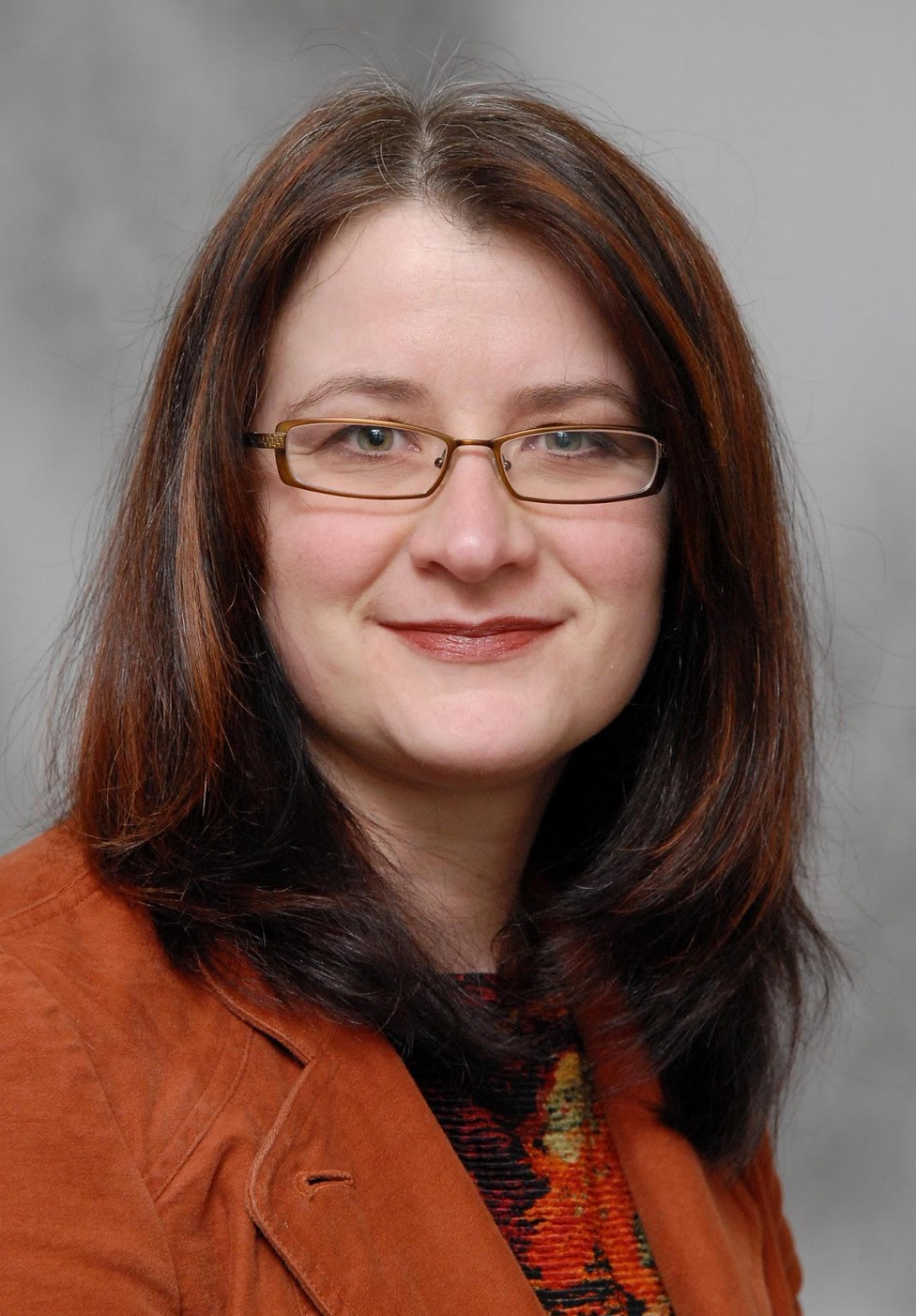
Anne Marie Weber-Main, PhD
is Associate Professor of Medicine at the University of Minnesota where she serves as Associate Vice Chair for Faculty Affairs and Diversity in the Department of Medicine, Director of Faculty Mentoring Programs in the Medical School Office of Faculty Affairs, and Co-Director of Mentoring in the Clinical and Translational Science Institute. She is also a fellow in the American Medical Writers Association.
Dr. Weber-Main was originally trained as a PhD chemist in an NIH-funded laboratory, but as a medical school faculty member her teaching, research, and leadership have focused on two core areas: (1) development and testing of innovative models for faculty mentoring and mentor/mentee training in research-intensive settings, and (2) institutional research productivity and research faculty development, with an emphasis on development of scientific writing skills. She has taught scientific writing to students, fellows, and faculty across the University of Minnesota’s Academic Health Center. She is also a prolific scientific writing and career advancement mentor for health sciences faculty. Within NRMN, she is a Master Facilitator for the Mentor Training Core and directs an intensive grant writing program in the Midwestern Hub, the NRMN Proposal Preparation Program (or “NRMN P3“).
Dr. Weber-Main attended Drew University for her undergraduate studies where she earned her bachelor’s degree in Chemistry with a minor in non-fiction writing. In addition to receiving her doctoral degree in analytical chemistry from the University of Minnesota, she completed a Mass Media Science and Engineering Fellowship through the American Association for the Advancement of Science and has earned two editing/writing certificates from the American Medical Writers Association (AMWA).
Nationally, she teaches in certificate programs offered by AMWA. She was a site facilitator for the curriculum, Mentoring Clinical and Translational Science Researchers – a mentor training program evaluated in a multisite, randomized controlled trial funded by the NIH. With local colleagues, she developed the online course, Optimizing the Practice of Mentoring, which has been completed by more than 550 individuals from over 300 institutions. Most recently, she co-developed a Mentorship Excellence Training Academy for the University of Minnesota Academic Health Center that in its first offering in Spring 2015 trained 30 faculty; a manuscript on the impact of this program is in development.
As director of the NRMN P3, Dr. Weber-Main now actively shares her insight into methods for developing high quality grant proposals for submission to the NIH. The program helps early-stage investigators to develop compelling arguments for their research’s methodological rigor and anticipated impact on the field, significance for various stakeholders, degree of innovation, and alignment with the funding agency’s priority areas.
Dr. Weber-Main explains some of what drives her professional focus on mentorship and the career advancement of researchers towards an inclusive and diverse biomedical research workforce:
What catalyzed your interest in mentorship and/or coaching others to be successful in their grant submissions to NIH?
“I love writing and science equally. And I get incredible satisfaction from helping others succeed. So for me, serving as a scientific writing mentor for other researchers is pretty much my dream job. I realized in graduate school that I am more of a science generalist. My role as a grant writing coach feeds that part of me, because I am constantly exposed to new areas of science, rather than having to focus in a narrow niche area. In a single day, for example, I might help one assistant professor refine a grant application for proteomics research in acute lung injury, then switch to working with another researcher who is writing a paper about interventions to mitigate implicit racial bias in patient-provider interactions. That’s fun. And I’ll be honest, it’s a thrill to get emails from mentees who just got word that their first major grant application is getting funded. Their success is my success. It’s what makes me enjoy going to work every day.”
Mentoring:
Faculty Success Through Mentoring Bland CJ, Taylor AL, Shollen SL, Weber-Main AM, Mulcahy PA. Lanham, MD: Rowman and Littlefield Education, in partnership with American Council on Education; 2009
Establishing effective mentoring relationships for faculty, especially across gender and ethnicity Shollen SL, Bland CJ, Taylor AL, Weber–Main AM, Mulcahy PA. Establishing effective mentoring relationships for faculty, especially across gender and ethnicity. American Academic. 2008;4(1):131-158.
Identifying and aligning expectations in a mentoring relationship Huskins WC, Silet K, Weber-Main AM, Begg MD, Fowler V, Hamilton J, Fleming M. Clinical and Translational Science. 2011;4(6):439-447.
Research Productivity:
An Adaptive Approach to Facilitating Research Productivity in a Primary Care Clinical Department Weber-Main AM, Finstad DA, Center BA, Bland CJ. Academic Medicine. 2013;88(7):929-938.
The Research-Productive Department: Strategies From Departments That Excel Bland CJ, Weber-Main AM, Lund SM, Finstad DA. Bolton, MA: Anker Publishing Company/Jossey-Bass Resources for Department Chairs Anker Publishing Inc; 2005.
Scientific Writing:
Applying the communication techniques of university writing center tutors to the medical editor-author dialogue Bailey M, Benson K, Weber-Main AM. AMWA Journal. 2015;30(2):51-55.
Interactions with authors of center and program proposals: A risky business Weber-Main, AM. Science Editor. 2010;33(5):165-166
Conquering the mega grant: An approach to editing proposals for centers or programs Weber–Main AM. Science Editor. 2010;33(4):135-137.
Internships in biomedical communication: Could they work for you? Weber–Main AM, Haley H. AMWA Journal. 2006;21(1):11-16.